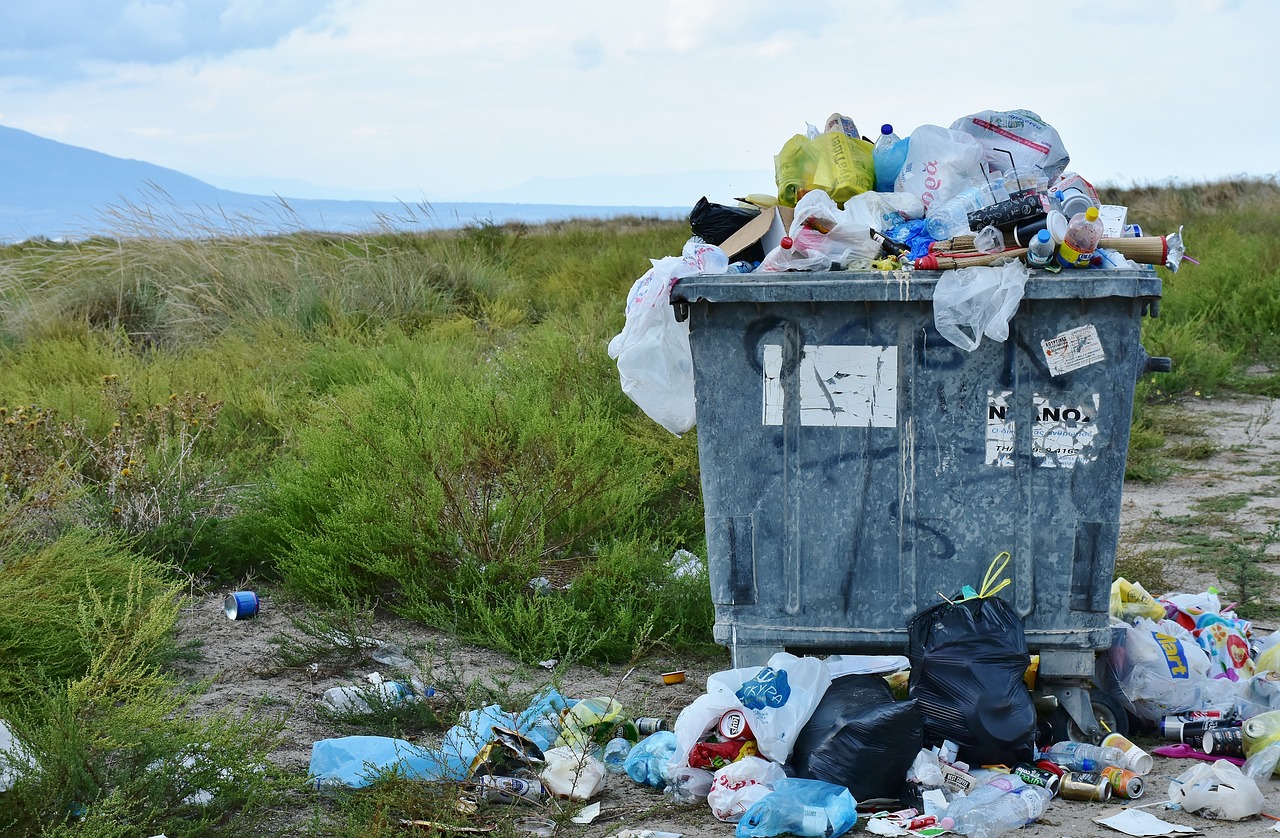
Conscious consumption is an intentional and mindful approach to purchasing goods and services that considers the impact of these choices on the environment, society, and human well-being. It is a way of consuming that promotes sustainability, ethical labor practices, and social justice. Conscious consumption involves a shift in mindset, from passive consumption to active participation in creating a better world.
Here are some ways to practice conscious consumption:
Reduce waste: One of the easiest ways to practice conscious consumption is by reducing waste. This includes using reusable bags, water bottles, and containers, as well as avoiding single-use products like straws, plastic utensils, and paper towels. Compost food waste and recycle as much as possible to minimize your impact on the environment.
Choose sustainable products: Look for products that are made from sustainable materials, such as organic cotton, bamboo, or recycled materials. Choose products that are durable, repairable, and can be reused or repurposed. Avoid products that contain harmful chemicals or contribute to deforestation, such as palm oil.
Support ethical and sustainable businesses: When shopping, choose businesses that prioritize sustainability, fair labor practices, and social responsibility. Look for certifications such as Fair Trade, Rainforest Alliance, or B Corporation, which ensure that products are produced in a sustainable and ethical way. Support local businesses and artisans who use sustainable and traditional methods of production.
Mindful consumption: Before making a purchase, ask yourself if you really need it, if it aligns with your values, and if it will bring joy and value to your life. Consider the true cost of the product, including the environmental and social impact of its production, distribution, and disposal. Avoid impulse buying and fast fashion, which contribute to waste and exploitation.
Eat sustainably: Food consumption has a significant impact on the environment, human health, and animal welfare. Choose organic, local, and seasonal produce, as they require fewer resources to produce and have a lower carbon footprint. Reduce your meat consumption, as meat production is a major contributor to greenhouse gas emissions, deforestation, and water pollution. Choose plant-based alternatives or sustainably raised and slaughtered meat, poultry, and fish.
Support fair labor practices: Many products we consume are produced by workers who are paid low wages, work in unsafe conditions, and lack basic labor rights. Choose products that are certified by fair trade or other ethical labels, which ensure that workers receive fair wages, safe working conditions, and social benefits. Avoid products that are associated with forced labor, child labor, or human trafficking.
Practice ethical tourism: Traveling is a great way to explore new cultures, learn from diverse perspectives, and connect with nature. However, tourism can also have negative impacts on local communities, ecosystems, and cultural heritage. Choose responsible and sustainable tourism operators that respect the environment, support local communities, and promote cultural exchange. Reduce your carbon footprint by choosing eco-friendly transportation options, such as walking, biking, or public transport.
Engage in advocacy and activism: Conscious consumption alone is not enough to bring about systemic change. It is essential to engage in advocacy and activism to address the root causes of environmental and social problems. Join or support organizations that work for sustainability, human rights, and animal welfare. Vote for politicians and policies that prioritize sustainability and social justice. Use your voice and your wallet to advocate for a better world.
In conclusion, conscious consumption is a powerful tool for creating a more sustainable, just, and equitable world. By being mindful and intentional about our choices, we can reduce our impact on the environment, promote fair labor practices, and support ethical and sustainable businesses. Conscious consumption is not a one-time action, but a lifelong process of learning, reflecting, and taking action. It requires us to rethink our relationship with consumption and adopt a more holistic and compassionate approach to our everyday choices. By practicing conscious consumption, we can become agents of positive change and contribute to a more just and sustainable future for all.
However, it’s essential to note that conscious consumption is not accessible to everyone equally. Many people face systemic barriers, such as poverty, discrimination, and lack of access to resources and information, that limit their ability to make conscious choices. Therefore, it’s crucial to address these structural issues and work towards a more equitable and inclusive society where everyone can participate in conscious consumption.
Moreover, conscious consumption alone is not enough to solve the complex environmental and social problems we face. It’s also essential to address the root causes of these issues, such as unsustainable production and consumption patterns, unequal distribution of resources, and power imbalances. Therefore, conscious consumption should be complemented by collective action, advocacy, and policy changes that address the systemic drivers of environmental and social injustice.
In conclusion, conscious consumption is a powerful way to align our values with our actions and contribute to a more sustainable, just, and equitable world. By practicing conscious consumption, we can reduce our impact on the environment, support fair labor practices, and promote ethical and sustainable businesses. However, conscious consumption should be complemented by collective action, advocacy, and policy changes to address the systemic drivers of environmental and social injustice.






